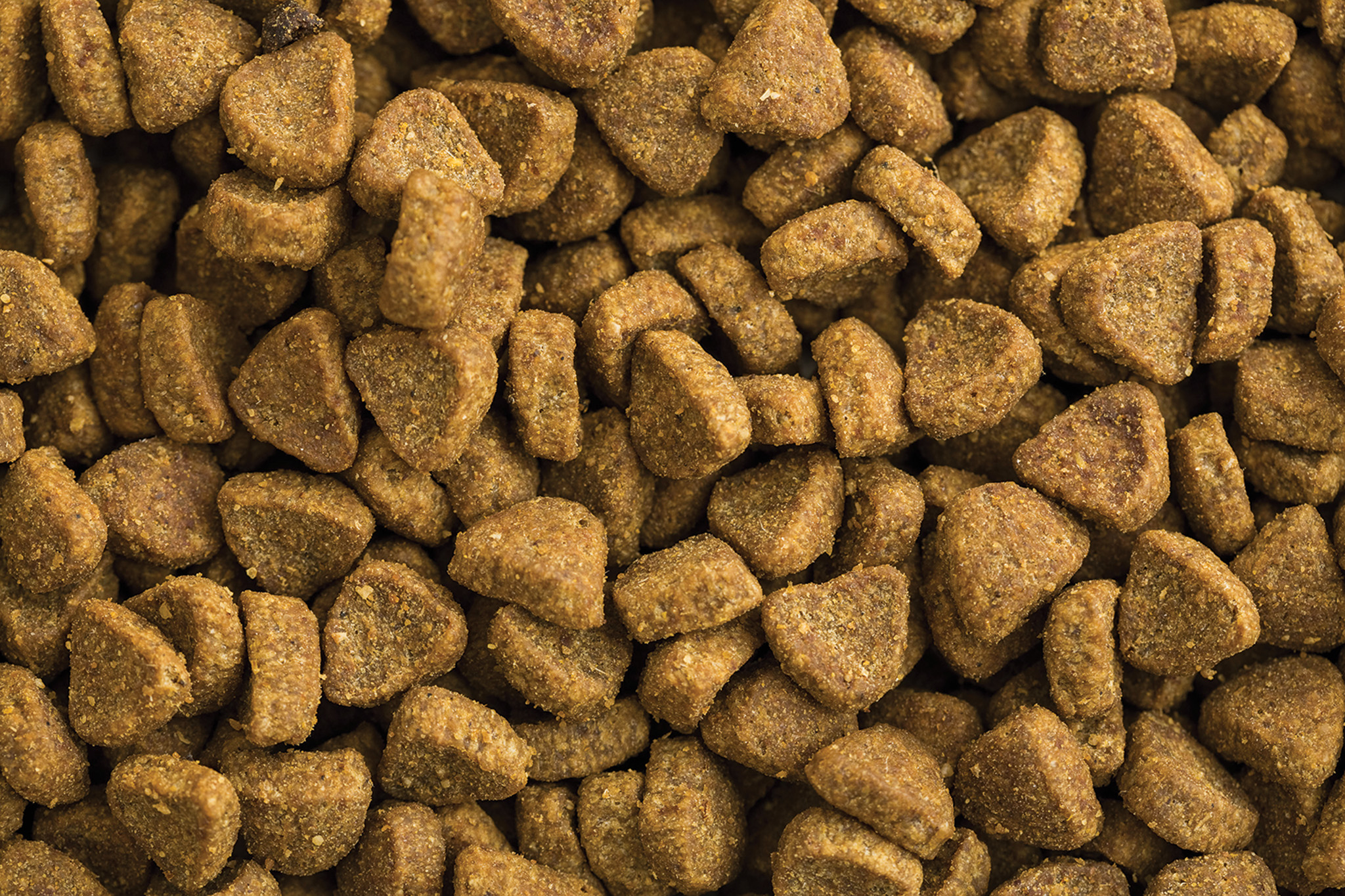With aisles of options lining pet store shelves, choosing the right food for dogs and cats can feel overwhelming. Veterinarians say the best approach is to focus on nutrition, ingredient quality and the specific needs of each animal rather than brand names or marketing claims.
“Stay away from grain-free, there was a time when it became highly sought after because of a rise in allergies in pets, more research is showing that feeding grain-free long term is directly related to dilated cardiomyopathy, or heart failure,” Whatcom Veterinary Hospital says.”Making sure you choose the right food could directly impact your pet’s longevity. If you feel your pet is having food allergies, please speak to your veterinarian.”
For dogs, experts recommend high-quality dry or canned foods that list real meat, poultry or fish as the first ingredient. Whole grains, vegetables and healthy fats can provide balanced energy. Puppies typically need calorie-dense formulas with added protein, while senior dogs often benefit from foods lower in fat but rich in joint-supporting nutrients like glucosamine.
Cats, being obligate carnivores, thrive on diets high in animal protein. Wet food is often encouraged because it provides additional hydration, which can support kidney and urinary tract health. Kittens need specially formulated food to aid in growth, while older cats may do better with options designed for weight control and digestive support.
Pet owners are urged to be cautious of fad diets and grain-free claims without veterinary guidance. The U.S. Food and Drug Administration has investigated potential links between certain grain-free foods and heart disease in dogs, though research is ongoing.
Veterinarians also stress that treats should make up no more than 10% of a pet’s daily calories.
For the best results, experts recommend consulting with a veterinarian to choose a food tailored to each animal’s health profile. Regular checkups can help ensure pets remain at a healthy weight and receive the nutrients they need.







